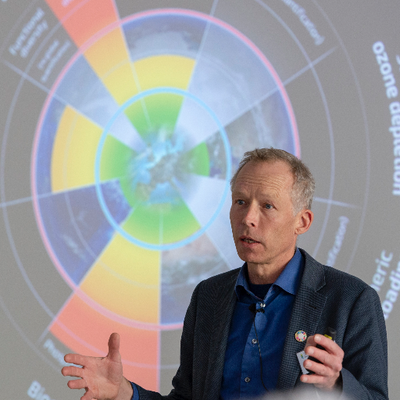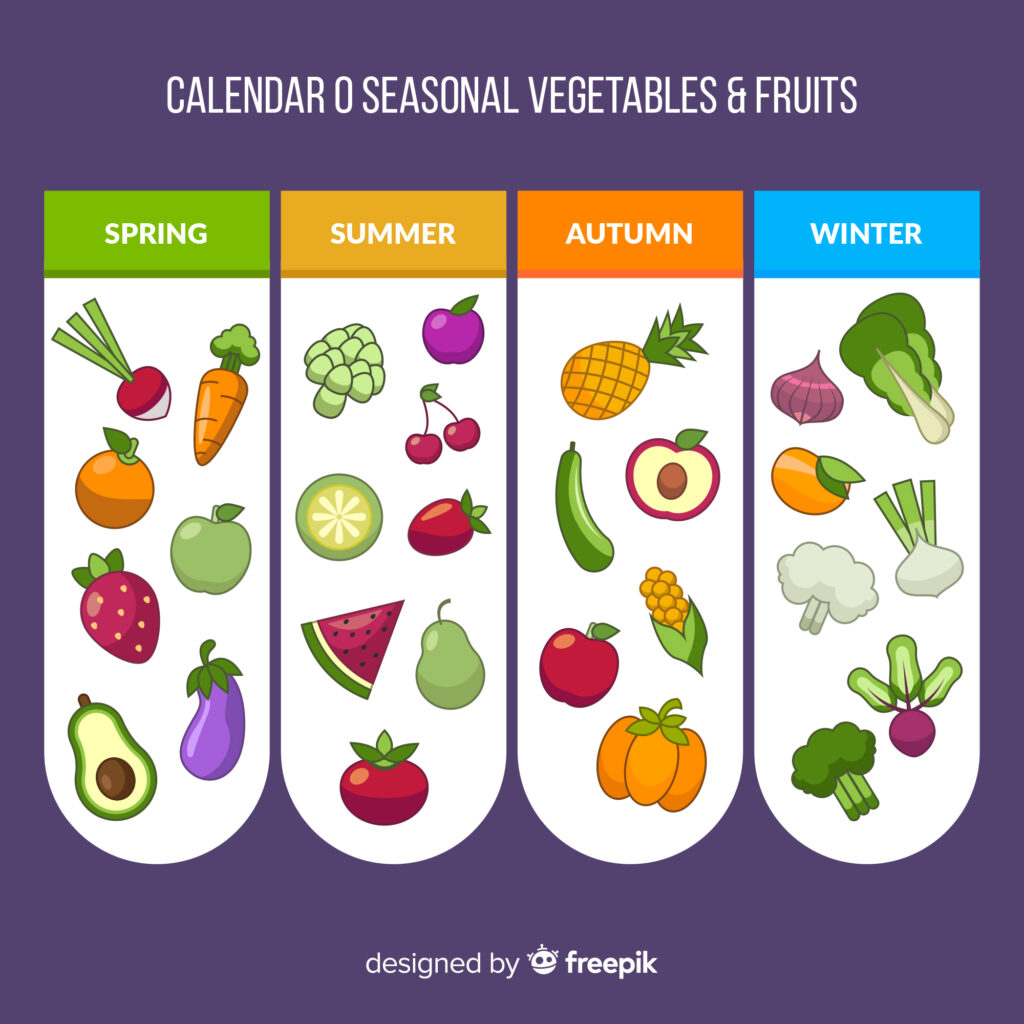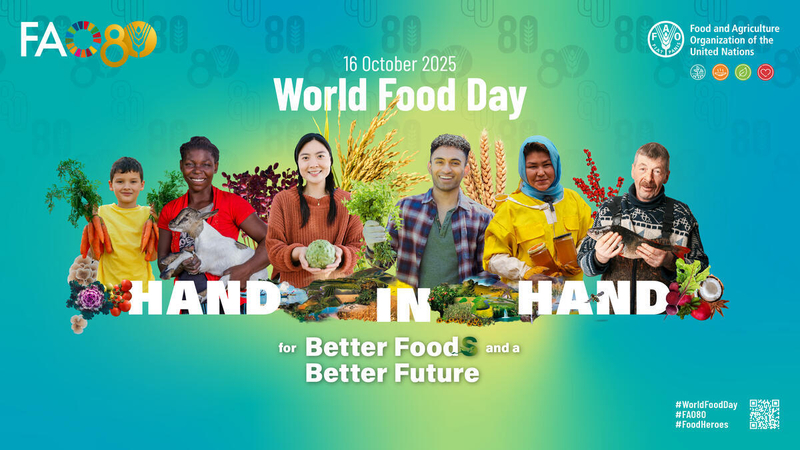Every October 16th, we celebrate something that unites us all: food. This year, we also commemorate the 80th anniversary of the Food and Agriculture Organization of the United Nations (FAO), an institution that, since 1945, has worked tirelessly to ensure the right to a dignified life through something as essential as food. Eight decades later, the message of World Food Day continues to call for the collaboration of all of us who are part of the system’s challenges: “Hand in hand for better food and a better future.”
A simple sentence, yet filled with shared responsibility. Because feeding the world in a fair, sustainable, and healthy way is not only the task of major international organizations. It also involves each of us — in every decision we make, in every food we choose, in every process of innovation. Every small contribution matters. That’s why I ask to myself, and we should all ask ourselves: How can I help?
A look toward the great transformation of food
The way we produce, distribute, and consume food defines not only our health but also the planet’s. The recent publication of the EAT–Lancet Commission 2.0 report (2025), presented a few days ago at the Stockholm Food Forum, once again highlights the urgent need for a Great Food Transformation, based on three pillars: health, sustainability, and justice.
The inclusion of the justice pillar is no coincidence. The global context we live in, marked by strong geopolitical instability, rising food prices, the emerging impacts of climate change, and other cascading effects, continues to undermine food security and, consequently, human health. Social injustice is growing, and the resilience of nations is increasingly fragile. Although current food systems have, to a large extent, managed to keep pace with population growth and ensure sufficient caloric intake for many, they remain the main driver of planetary boundary transgression and require joint and urgent action grounded in these three pillars.
The EAT–Lancet report reminds us that the global adoption of healthy diets derived from sustainable food systems would safeguard our planet and improve the health of billions of people. It also warns that, if we fail to act, the world risks falling short of achieving the Sustainable Development Goals and other key actions linked to the future of food..
Professor Johan Rockström, one of the study’s authors, summed it up clearly: “The world’s food production threatens climate stability and ecosystem resilience. It is the single greatest driver of environmental degradation” His words resonate strongly on this FAO anniversary, reminding us, as the organization has done for eight decades, that food should not only nourish us but also protect the very land that makes it possible

“The world´s food production threatens climate stability and ecosystem resilience. It is the single greatest driver of environmental degradation”
This call to action is not directed solely at governments or institutions. It speaks to all of us: researchers, producers, companies, and consumers. Because food is not an isolated process; it is a living, interconnected system in which what we decide at one end has consequences at the other.
How can I help?
Remember that every action counts. Ending hunger, preserving our ecosystems, ensuring the food of the future, and understanding the impact this has on the world — it’s a lot, isn’t it?.
It all begins with the choices we make every day. We can choose local and seasonal foods, eat more plant-based meals, drink tap or filtered water, buy only what we need and reduce food waste, use reusable packaging, choose minimally processed foods, value the effort behind every product that reaches our table, and support sustainable farming practices.
Becoming aware means understanding that the food we choose is also a tool for change. It’s in our hands to help build a model where the health of people and the planet are not opposing goals, but two sides of the same coin. When that awareness multiplies, it turns individual action into collective strength.

CARTIF: innovation at the service of a fair and sustainable food system
At CARTIF, we firmly believe that science and technology are key allies in achieving this transformation. That’s why we work hand in hand with companies, public administrations, and society to develop technological solutions that address the major food and environmental challenges of our time.
From our Food Area, we focus on the valorization of food and food by-products, promoting the efficient and sustainable use of natural resources.
We are advancing in food industrial processes decarbonization, driving technologies that reduce the environmental impact of new food production.
In addition, we are currently an active partner in the Vision4Food EU project, which aims to tackle the challenges associated with food systems through the development of tools and models that help us move from strategy to action within territories.

I can only say thank you for your help! And may every day be a happy World Food Day for everyone.
👉 Collaborate with our team and bring food innovation to your company
- #WorldFoodDay; How can I help? - 16 October 2025
- A better life and a better future; right to foods - 16 October 2024
- Food reformulation; a step forward, that it is possible - 21 May 2024
